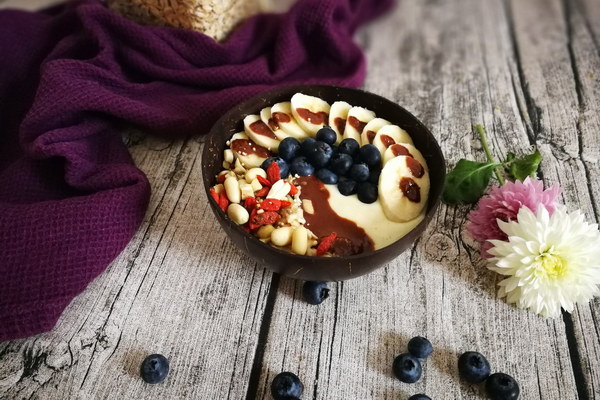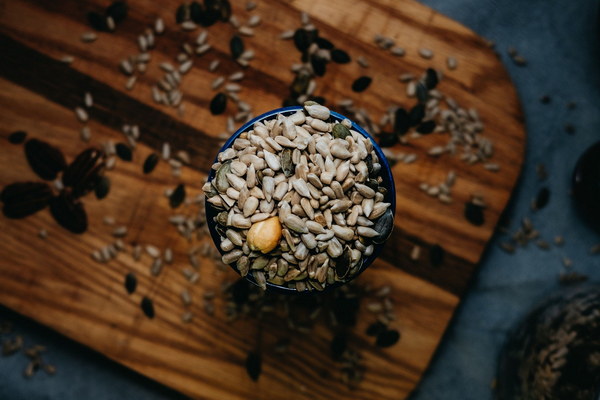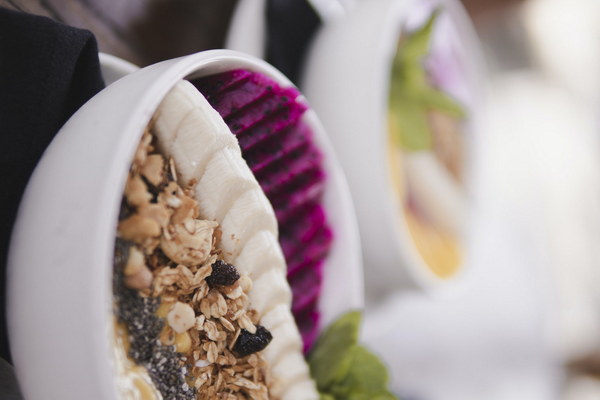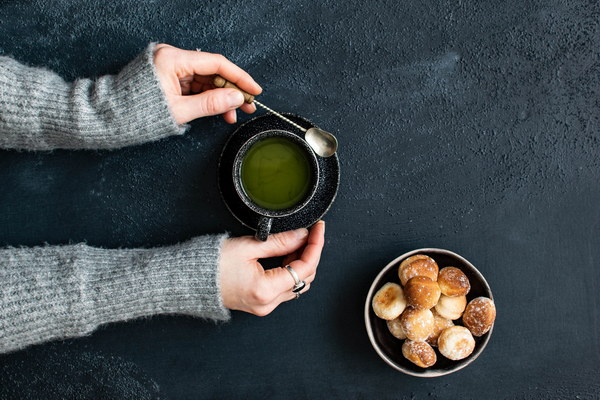Nourishing Remedies Exploring Dietary Supplements for Bedwetting
Bedwetting, also known as nocturnal enuresis, is a common problem that affects both children and adults. It can be frustrating and embarrassing, but there are various dietary supplements that may help reduce the frequency of bedwetting episodes. This article delves into the world of nutritional remedies for bedwetting, offering insights and guidance on how to incorporate these supplements into your daily routine.
1. Vitamin D
Vitamin D plays a crucial role in calcium absorption, which is essential for strong bones and teeth. Recent studies suggest that vitamin D deficiency may contribute to bedwetting. To ensure you're getting enough of this vital nutrient, consider adding vitamin D-rich foods to your diet, such as fatty fish, fortified milk, and eggs. Additionally, vitamin D supplements can help bridge any gaps in your diet, particularly if you live in a region with limited sunlight exposure.
2. Calcium
Calcium is another essential mineral that may help reduce bedwetting. It is necessary for the proper functioning of the nervous system and muscle contractions, which include those that regulate the bladder. Foods high in calcium include dairy products, leafy greens, and nuts. If you're not getting enough calcium from your diet, consider taking a calcium supplement, but always consult with your healthcare provider first to determine the appropriate dosage.
3. Magnesium
Magnesium is a mineral that helps maintain normal muscle and nerve function, including those responsible for bladder control. It also plays a role in the production of neurotransmitters, which are essential for proper brain function. Foods rich in magnesium include almonds, cashews, avocados, and dark chocolate. If you're struggling to incorporate enough magnesium into your diet, consider taking a magnesium supplement, but always consult with your healthcare provider to determine the appropriate dosage.
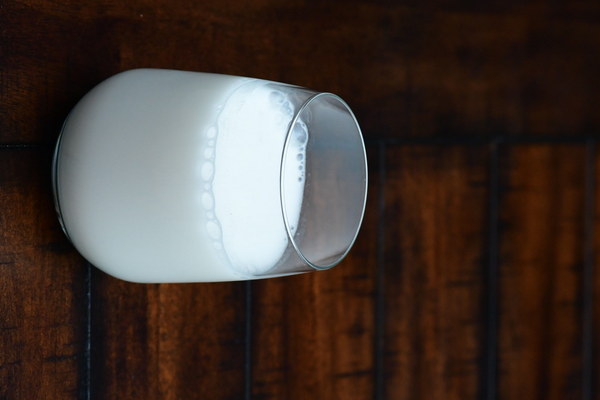
4. L-tryptophan
L-tryptophan is an amino acid that is converted into serotonin, a neurotransmitter that helps regulate mood and sleep. Some studies suggest that a deficiency in serotonin may contribute to bedwetting. Foods high in L-tryptophan include turkey, chicken, eggs, and milk. Taking an L-tryptophan supplement may help improve serotonin levels, potentially reducing the frequency of bedwetting episodes.
5. Cranberry juice
Cranberry juice is often recommended for urinary tract health due to its ability to prevent bacteria from adhering to the urinary tract walls. While it may not directly address the root cause of bedwetting, maintaining a healthy urinary tract can help reduce the risk of infections that may exacerbate bedwetting. However, be cautious with cranberry juice, as it is high in sugar and calories. Opt for unsweetened cranberry juice or consider using it as a dietary supplement in moderation.
6. Dandelion root
Dandelion root is a natural diuretic that can help support kidney function and promote healthy urine flow. Some people believe that dandelion root can help reduce bedwetting by preventing excessive urine production during the night. You can consume dandelion root in tea form or as a supplement, but always consult with your healthcare provider before starting any new supplement regimen.
It is important to remember that while dietary supplements may help reduce the frequency of bedwetting episodes, they are not a cure for the condition. If you or your child experiences chronic bedwetting, it is essential to consult with a healthcare provider to determine the underlying cause and appropriate treatment plan. In some cases, bedwetting may be related to an underlying medical condition, and a comprehensive approach involving both dietary changes and medical intervention may be necessary.
Incorporating the above dietary supplements into your daily routine may help reduce the frequency of bedwetting episodes. However, it is essential to consult with a healthcare provider before starting any new supplement regimen, especially if you have underlying health conditions or are taking other medications. With the right approach, you can take steps toward a healthier bladder and improved sleep quality.


